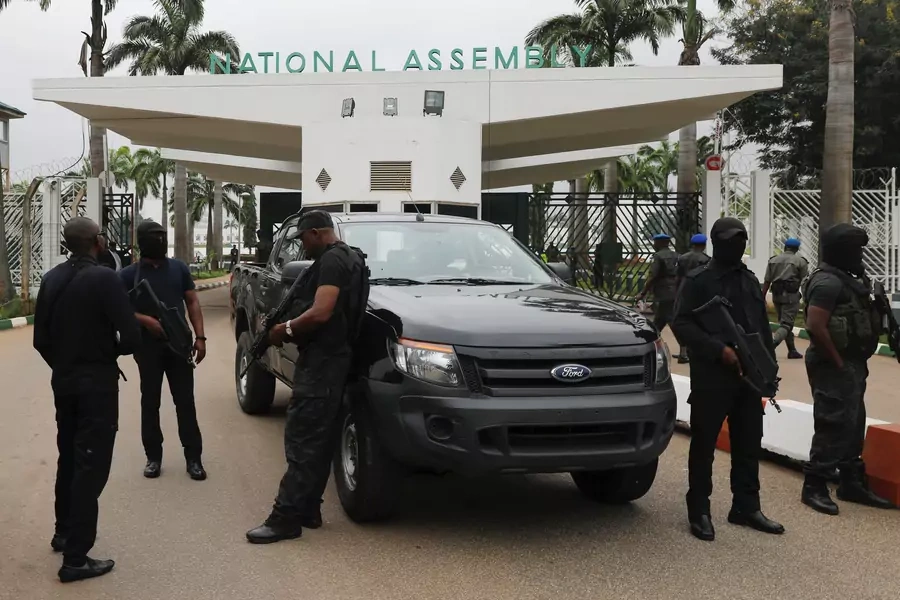In the latest twist of events in Niger, the Presidential Guard Chief, who spearheaded the recent coup, has declared himself as the country's new leader. Seeking support amidst the unfolding political upheaval, this move has sparked both concern and uncertainty within the nation and beyond.
The political landscape of Niger has been rocked by the recent coup, with the Presidential Guard Chief stepping forward to claim leadership. This development has plunged the country into a state of uncertainty, with questions looming over the future direction of the nation.
The Background: A Coup in Niger
The recent coup in Niger has its roots in longstanding political tensions and dissatisfaction with the government's handling of various issues, including corruption and security challenges. Against this backdrop, the Presidential Guard Chief seized the opportunity to take control, citing the need for a change in leadership to address the country's pressing concerns. The swift and decisive nature of the coup caught many by surprise, leaving the nation and the international community scrambling to make sense of the unfolding situation.
Analyzing the Implications of the Presidential Guard Chief's Claim to Leadership
With the declaration of the Presidential Guard Chief as the new leader of Niger, the country finds itself at a crossroads. While some view this move as a necessary step towards addressing the country's challenges, others express concerns about the erosion of democratic norms and the potential for further instability.
The coming days will be crucial in determining the legitimacy of the new leadership and its ability to navigate the country through this period of uncertainty.
Domestic Reactions: Support and Opposition
Within Niger, reactions to the coup and the emergence of the new leader have been mixed. While some segments of the population have expressed support for the change in leadership, others have voiced opposition, citing concerns about the implications for democracy and the rule of law. Civil society organizations, political parties, and other stakeholders are closely monitoring the situation, calling for dialogue and a peaceful resolution to the crisis.
International Response: Concerns and Calls for Restraint
The international community has responded to the coup in Niger with a mixture of concern and condemnation. Several countries and international organizations have called for restraint and a return to constitutional order, emphasizing the importance of respecting democratic principles and the rule of law. Diplomatic efforts are underway to engage with the new leadership and encourage a peaceful resolution to the crisis, but the situation remains fluid and unpredictable.
Conclusion: Navigating Uncertain Waters
As Niger grapples with the aftermath of the recent coup, the country finds itself at a critical juncture. The path forward is fraught with challenges and uncertainties, but there is hope that through dialogue, cooperation, and a commitment to democratic principles, Niger can emerge stronger and more resilient. The eyes of the world are on Niger as it navigates these uncertain waters, and the decisions made in the coming days and weeks will shape the country's future for years to come.




